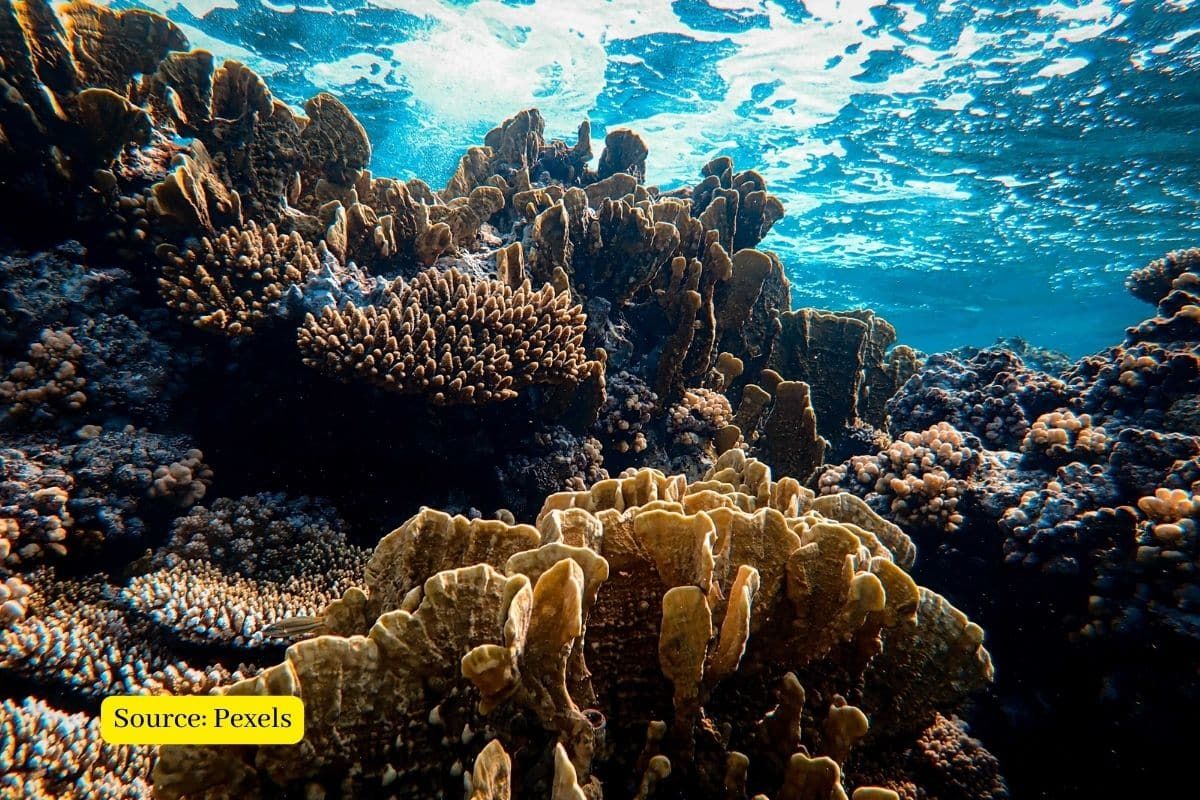Researchers at the University of Oxford contributed to a study that found very few deep reefs have any form of protection, despite facing a multitude of threats. With the UN Biodiversity Conference COP15 currently underway, the researchers call on policymakers to implement specific actions and targets to protect these biodiversity hotspots.
The fifteenth (Cop 15) meeting of the Conference of the Parties to the Convention on Biological Diversity is underway, with world leaders, government negotiators, scientists and conservationists taking part. Which will start on December 7 and continue till December 19, 2022, the purpose of the people involved is to agree to stop the damage to nature and keep it as before. In this sequence, an international team of marine scientists and conservationists has appealed for immediate protection of deep coral reefs.
As the goal of keeping temperatures to 1.5 degrees Celsius bleak, scientists said the mass destruction of surface corals is certain.
Safeguard deep reefs
Deep coral reefs found below 30 meters provide essential ecosystem services for climate change resilience, ocean health and food security. They also serve as habitats for threatened organisms in surface waters, including commercially important species.
Their calls are based on a new study, recently published in the journal Conservation Letters, led by scientists from the University of Oxford, Nekton (a non-profit research institute) and the Western Indian Ocean. This confirms for the first time that deep reef habitats, especially in the western Indian Ocean, are largely unprotected despite being threatened by a multitude of stressors including overfishing, pollution, climate change and, in a near future, seabed mining.
Despite this, deep coral reefs or coral reefs are barely protected, even though they have a larger geographic footprint than their surface counterparts.
Global targets of 30 per cent conservation
Furthermore, the depletion of fish in surface waters combined with modern deep-sea fishing techniques has resulted in deep reefs being increasingly exploited by coastal communities, who require fish for their food security.
We encourage deep coral reefs to engage in sustainable management action and to meet global targets of 30 per cent conservation of the global ocean by 2030, in particular, said lead author Dr. Paris Stefanoudis. Dr Stefanoudis is a marine biologist at the Department of Biology, University of Oxford.
Deep coral reefs are critical to a healthy marine ecosystem and face similar threats from extreme pollution and climate change faced by critically endangered shallow reef systems, he said.
Covering more than 8 percent of the world’s oceans, the western Indian Ocean is the least known. It is one of the least protected and most threatened marine areas. The shallow and deep coral reefs of the WIO are hotspots of marine biodiversity, with a large number of species found nowhere else on Earth.
Researchers urged policy makers to agree on following:
- At most 30 percent of ecosystems need to be protected by 2030, and deep coral reefs should also be included in this target.
- Deep coral reef ecosystems and their resources should be protected, in particular by including them in fishing regulations, marine protected areas and marine spatial planning.
- Current management efforts on shallow coral reefs should be extended to include deep coral reefs as these ecosystems are often interconnected.
- Investments should be made in basic, fundamental and applied research on the biodiversity, ecosystem functioning and services provided by deep coral reefs.
- National, international, cross-stakeholder collaborations should be developed for national and international deepwater coral survey and conservation.
Support us to keep independent environmental journalism alive in India.
Keep Reading
Part 1: Cloudburst in Ganderbal’s Padabal village & unfulfilled promises
India braces for intense 2024 monsoon amid recent deadly weather trends
Follow Ground Report on X, Instagram and Facebook for environmental and underreported stories from the margins. Give us feedback on our email id greport2018@gmail.com.
Don’t forget to Subscribe to our weekly newsletter, Join our community on WhatsApp, and Follow our YouTube Channel for video stories.









